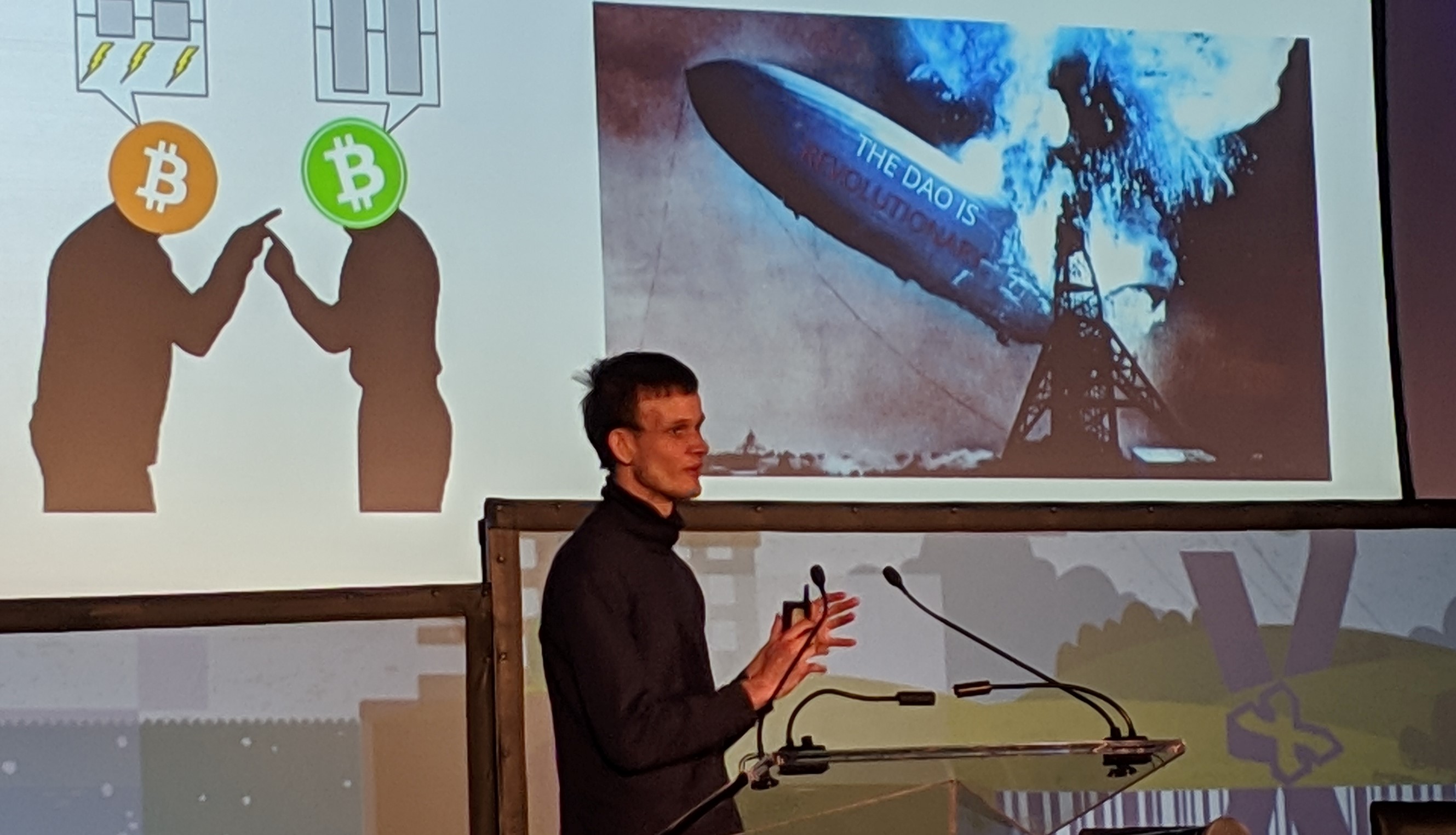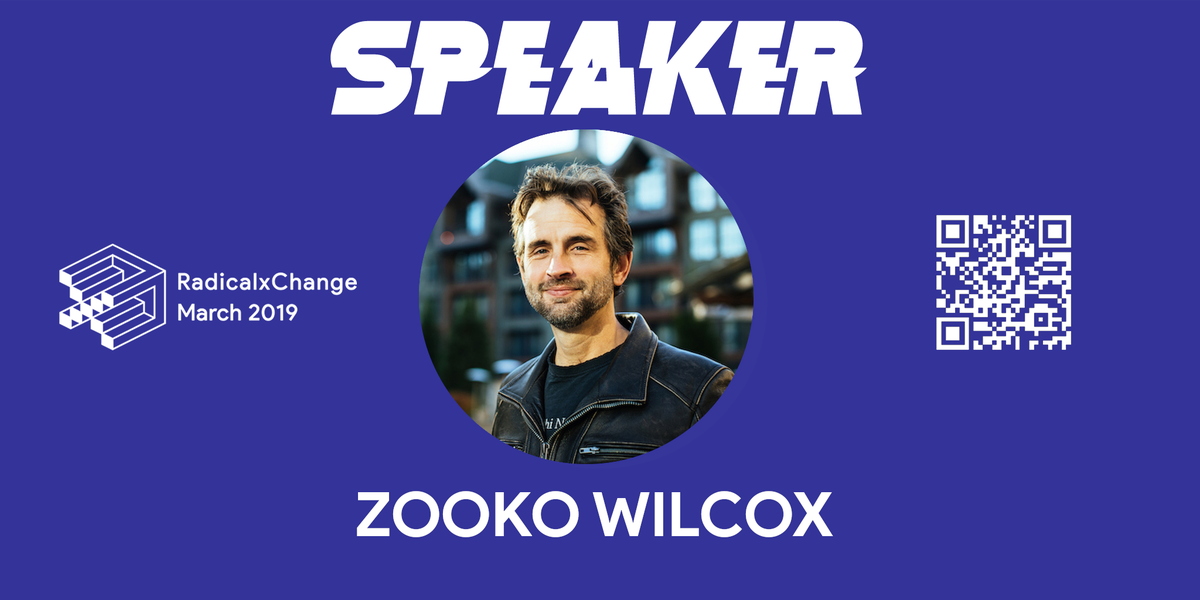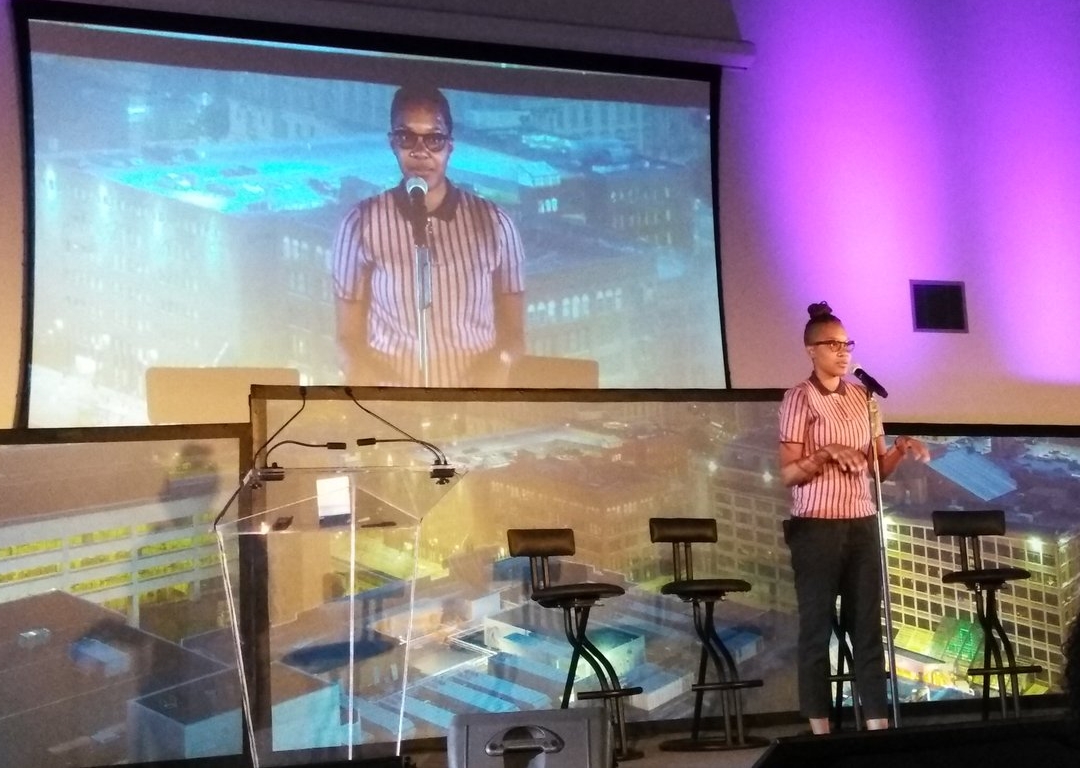Detroit, as much as anywhere else in America, is a lasting symbol of how free-market capitalism can create massive prosperity—and how it can fail catastrophically. In the first half of the 20th century, the auto industry, the innovation vanguard of its day, made the city a global titan. But since its 1950 peak, shifting market conditions (and a helping of ferocious racism) have cut Detroit’s population by as much as 60 percent.
That’s why, even after a vaunted “resurgence” confined mostly to a few downtown blocks, Detroit can feel like a ghost city. The exodus has made it hard to provide even century-old public services for the roughly 700,000 residents who remain: In one recent outrage, the city has begun effectively charging residents for the rain that falls on their property—and aggressively shutting off service for those who don’t pay. And the city’s infrastructure is barely limping into the future: 40 percent of Detroiters have no home internet connection, slow or fast, in part because big telecom companies haven’t invested in building out their networks in the city.
 This decades-long market failure made a perversely ideal home, from March 22 to 24, for RadicalxChange, a conference aimed at nothing less than reorganizing society from the ground up. The gathering was inspired by Radical Markets, a bestselling 2017 treatise on unorthodox economic and governance systems, coauthored by Glen Weyl and Eric Posner. The book has spawned, according to Weyl, hundreds of local groups organized around its ideas, and the conference was the first inspired by that movement.
This decades-long market failure made a perversely ideal home, from March 22 to 24, for RadicalxChange, a conference aimed at nothing less than reorganizing society from the ground up. The gathering was inspired by Radical Markets, a bestselling 2017 treatise on unorthodox economic and governance systems, coauthored by Glen Weyl and Eric Posner. The book has spawned, according to Weyl, hundreds of local groups organized around its ideas, and the conference was the first inspired by that movement.
It attracted roughly 300 attendees and presenters from around the globe, a unique mix of economists, political activists, artists—and a fourth group who might have seemed out of place. These were the blockchain designers and theorists, who made up roughly half of the crowd. That nexus came thanks to Ethereum cocreator Vitalik Buterin, who over the past year or so has come to work closely with Weyl, and delivered the conference’s closing keynote.
To average folks, it might look an awful lot like something a bit troubling: rewiring the world into a giant computer, with humans as highly rational, numbers-driven subroutines.
The economist and the tech wunderkind share a desire to help make the world simultaneously richer, and more fair. Those goals are encapsulated in the title of a paper called “Liberal Radicalism” they authored last year with Harvard economics grad student Zoe Hitzig. Perhaps more fundamentally, the two share a belief that the best way to remake the world is by mashing together cutting-edge technology with recent social science and economics research to fundamentally overhaul how both markets and governments work.
Related: Vitalik Buterin Hopes This Man’s Ideas Can Break America’s Political Logjam
It’s an approach they broadly refer to as “systems design.” But to average folks, it might look an awful lot like something a bit troubling: rewiring the world into a giant computer, with humans as highly rational, numbers-driven subroutines. Squint just slightly, and the crossover is obvious: RadicalxChange wants to turn society into a series of nested smart contracts, running on an immutable blockchain.
What We Talk About When We Talk About Radical Markets
Two ideas dominate the book Radical Markets, and also prevailed over the conference it inspired. The first is an entirely new, society-wide system of property called a Common Ownership Self-Assessed Tax, or COST. At its heart is a proposition that is at once empirically irrefutable and completely bonkers: that traditional private property is an impediment to economic growth, and should be dispensed with. In its place, Weyl and Posner propose what amounts to universal common ownership, but with every piece of property rented from society by individuals through what amounts to a never-ending auction. This system, which draws heavily on the work of early 20th century progressive Henry George, would essentially allow anyone to buy anything from anyone at any time, if they value it more highly than the current holder.

This would, theoretically, put every piece of property in the hands of the person or group able to generate the most overall benefit from it at any given time. At RadicalxChange, one survey of the existing problems this is intended to solve came from Alisha Holland, a Princeton professor (who also married Weyl in 2010). Holland, citing examples such as a long-incomplete border crossing between Columbia and Ecuador, described how public works projects often trigger opportunistic, even obstructionist private behavior. This clash of private and public goals leads to underinvestment in public works that would make society as a whole richer.
A parallel example of restrictive property rules choking innovation, frequently invoked by Weyl and Posner, is the current situation of airwave spectrum. Legacy players like TV broadcasters are camping on their long-term claims to the spectrum, but underutilize bandwidth that would benefit society more if it were sold to 5G wireless operations. Under a COST system, the current owners couldn’t box out a competing, but more effective, user of the spectrum they hold—and the system also includes taxes to fund public works and make capital accessible to all. In sum, Weyl and Posner argue that a COST system would make both public works and private innovation easier, without requiring the kind of forced expropriation that is common even in the United States.
Get the BREAKERMAG newsletter, a weekly roundup of blockchain business and culture.
The second pillar of Radical Markets is a revamping of the way democracy works. Weyl and Posner champion a system known as Quadratic Voting, which promises to reverse worrisome trends towards voter apathy. In essence, it allows citizens to “save up” their votes, then “spend” them on the issues that matter most to them. To make the system fairer, it gives less weight to additional votes cast by each voter on a single ballot.
This is an inevitably crude summation of a fast-evolving body of theory that has been worked out to the nth degree, at least on paper. Intuitively, that’s one big problem with the ideas in Radical Markets—they are hard to boil down to a simple political pitch, yet seem to demand almost total societal overhaul to put into practice.
The Radicals Against the Radicals
RadicalxChange itself frequently featured this and other doubtful reactions to the core premise of the whole affair—a reflection, it seems, of Weyl and other organizers’ true commitment to a diversity of viewpoints. One of the fiercest moments of pushback came near the beginning of the conference, from Kenyan author Yvonne Adhiambo Owuor. Owuor pointed out that the auctions and markets at the core of Radical Markets have dark echoes across the African Diaspora, from the history of slave auctions to the inequitable present-day trade in African commodities like coffee. She highlighted the fact that markets inevitably end up being structured by the powerful, to their further benefit.
That discomfort with the idea that markets can ever serve justice was repeated frequently in the conference’s panels and speeches. Boots Riley, the musician and film director, seemed to bridle at the very idea of noodling with complex theory in the face of fast-widening inequity. “We come up with all these other things that are distractions from what we need to do, which is organize the working class.”
Ruth Catlow, a London-based gallerist who has worked extensively at the intersection of blockchain and art, said that “this idea that mechanism design will save the world is deeply problematic. It implies this deep technicity, rolled out widely . . . it’s a colonial project.” In two events I moderated, I found some sympathy for the idea that money itself should be viewed with skepticism as a tool for human advancement.
The attendees seemed to fit a common mold: progressive but technocratic innovators, hesitant to part with the efficiencies and self-determination afforded by market structures.
Such critiques felt less like rejections of the conference’s premise, though, than proof that RadicalxChange is about something bigger than one book or a few leaders. The attendees seemed to fit a common mold: progressive but technocratic innovators, hesitant to part with the efficiencies and self-determination afforded by market structures. Buterin’s keynote reflected discomfort with the rise of state-oriented democratic socialists like Bernie Sanders and Alexandria Ocasio-Cortez. “Decentralization” would be one way to sum up the dominant political bent—but more on that in a bit.
One particularly symbolic moment came after Riley repeated, for the thousandth time in his more than quarter-century career, the call for an old-line, worker-led communist revolution. B. Anthony Holley of the Detroit Community Wealth Fund, which issues loans to worker-owned cooperatives, wondered in response whether there might not also be some value in building local resources (such as wealth-generating businesses) to counterbalance the state. In his dreadlocks and Mao-ish cap, Holley appeared every bit as radical as Riley ever has, but his rhetoric had more than a tinge of up-by-the-bootstraps capitalism.
The Blockchain Radicals
All of this made for a heady stew on its own, but the conference’s final dash of sizzle came from the cross-pollination of rigorous political economy with blockchain technology. Attendees included bigwigs like Vitalik Buterin and Zooko Wilcox, but also dozens of rank-and-file staffers from (mostly Ethereum-based) projects like Colony and Enigma. First and foremost, it’s notable how intellectually curious the many blockchain developers were. Though panels on digital identity were packed, there was also plenty of interest in discussions of worker-owned job boards and the so-called “tragedy of the commons.”

The blockchainers also came bearing their own efforts at changing society for the better. Concurrent with some of the panels was a kind of social-science fair called ProjectxChange, featuring about ten tech startups with a social-good angle. Most of them had some blockchain element, and grappled with issues from political organizing to the crisis of journalism (both Civil and the Columbia Journalism Review-backed project Galley were present). In another genuinely exciting panel, groups of would-be systems designers hunkered down for a mini-hackathon, designing game-like systems to encourage gardening or mitigate carbon emissions, on the premise that such game experiments can translate to blockchain-based incentive systems to alter behavior on a broad scale.
Of course, this can sound all-too familiar: Silicon Valley also wanted to change the world, and we all know how that turned out. It still feels common for blockchain proposals to come purely from technologists, pitching a solution to a problem that’s far more complex than it looks at first glance. Setting aside its broader mandate, RadicalxChange performed an invaluable service simply by putting an influential subset of blockchain thinkers directly in touch with historians, artists, economists, and others dedicated to deeply understanding the complexity of the world as it is. Crucially, many of these thinkers were more attuned to the raw human experience than Weyl and Posner’s mathematized, hyper-rationalist theories suggest they are.
As Glen Weyl acknowledged towards the close of the conference, the political program he’s pushing will likely take decades to implement, if it ever comes to fruition. Teaching the next generation of tech entrepreneurs to think more subtly about the implications of what they’re building might not be quite as thrilling as restructuring the entire Western economy, but it’s likely to have much more immediate impacts. If it can keep the next wave of tech giants from becoming data-hoarders like Facebook or rent-seeking gatekeepers like Uber, RadicalxChange will have done more good than many would-be radical movements.